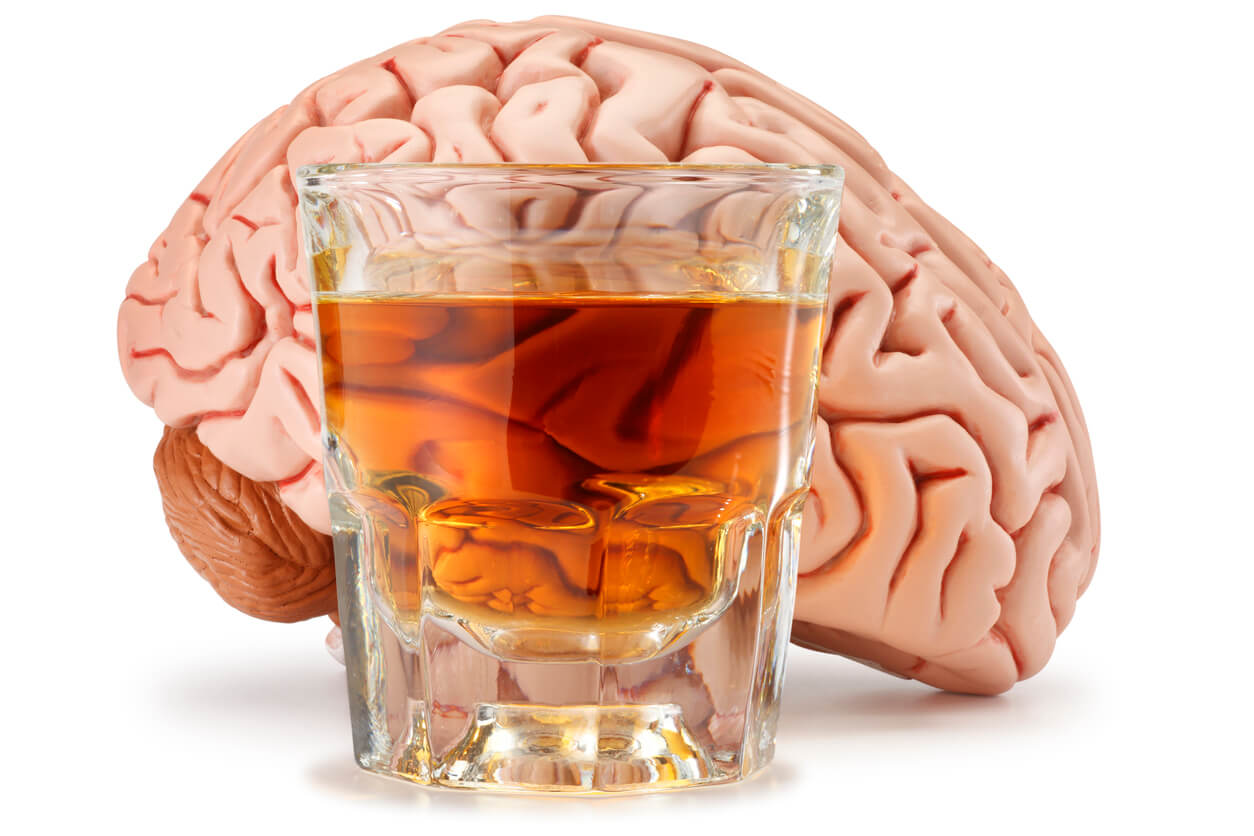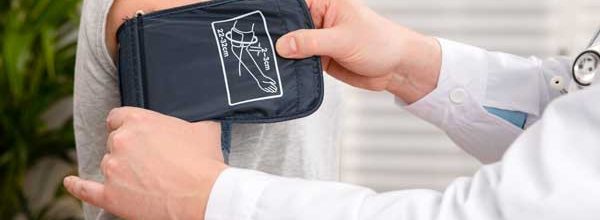
Alcohol and Brain Injury
After a TBI or Stroke the brain can become more sensitive to the effects of alcohol. This can cause cognitive problems that impact memory, mobility, and speech. It can also cause someone to feel fatigued and unwell. What can be expected after your recovery?
By Fred at Spindpals.com, July 18, 2020
Whether we’re on holiday abroad or enjoying the Christmas festivities, an alcoholic drink tends to not be too far from reach for many of us.
But after a brain injury, the body’s tolerance to alcohol is greatly reduced, and many survivors find that they are no longer able to enjoy alcohol in the same way as they did before their injury. The reduced tolerance to alcohol means that many effects of brain injury are exacerbated after drinking, such as memory problems, mobility issues, speech and fatigue.
Remember you should always discuss with your medical practitioner your particular condition to understand what the impact would be on yourself. Never take alcohol without their approval and guidance.
AUTHOR: “It is clear that there is an uneasy relationship between alcohol and brain injury. Survivors are often faced with the challenge of balancing a desire to enjoy the social life they had before they sustained their injury with the acceptance that alcohol now affects them in a different way.”
We asked brain injury survivors to tell us about how their relationship with alcohol has changed.
For some, the enjoyment of drinking is simply outweighed by the effects caused.
“I don’t drink anymore,” said Louise Fry. “I couldn’t drink to start with because of meds, but now? It just hits me too hard.”
Janet Creamer agreed: “Drinking is now a no-no. Just one alcoholic drink does awful things to my brain. It feels like I’ve drunk way too much and I get that spaced out feeling.”
Others, like Giles Philip Hudson, have found that being advised by doctors to no longer drink has actually been a blessing in disguise.
AUTHOR: “After sustaining my brain injury and spending over four months in hospital, doctors advised me not to drink alcohol. During this time I found I no longer needed to drink alcohol to make me feel good or enjoy myself. I certainly don’t need the headaches it causes.”

Enjoy a drink at home with family and friends
Naturally, many people want to continue to be able to enjoy a drink every now and then, particularly at social gatherings. But what if going to the bar is too daunting a prospect?
Home drinking is increasingly popular For some, staying in allows them to enjoy a drink without some of the challenges of being in a busy, crowded and noisy pub or bar.
“Since my disability I do not feel comfortable going into a bar as I may find it hard to use the restrooms,” said one member of the community, “so my drinking is done in my home.”
Patricia Nugent on Facebook agreed: “We tend to drink at home so it is easier and less stressful to moderate intake,” she said.
If you are choosing to drink at home, it’s important you monitor your intake carefully.
Here’s some useful advice for home drinkers:
- 1. Keep track of how many units you’re consuming
2. Use smaller glasses
3. Use proper spirit measures to avoid inadvertently pouring yourself a double or triple measure
4. Eat as you drink
5. Invest in a good bottle stop to make that bottle of wine last longer

Out and about
For others, however, a good night out is still a must! If that’s the case, then planning ahead can be the key to the success of the evening.
“I don’t go out much, once every two months,” said Michelle Richardson. “But it’s lovely to have some drinks and let my hair down and forget how challenging recovery is for a while.
AUTHOR: “I do have to prepare for a night out by having an afternoon snooze.”
If you do want to enjoy a night out on the town with friends, here are some more top tips:
- ▪ Don’t drink on an empty stomach and check your medication allows you to drink
▪ Make sure your friends know about your brain injury, lowered alcohol tolerance levels, and any other issues such as an intolerance to noise
▪ Drink water between alcoholic drinks and avoid getting into rounds

Alcohol-free alternatives
Of course, not drinking alcohol doesn’t mean you can’t still go out to pubs and bars.
“My husband has been told he can’t drink alcohol,” said Amanda Hopkins. “So, as he is a real ale drinker, we made a pact to still go to country location but to just check out ‘alcohol-free’ ales and to become connoisseurs of the growing ‘alcohol-free’ ranges that are now appearing from many microbreweries.
“It won’t be quite the same but we hope it will be a bit of fun tasting them.”
AUTHOR: Kathy M agreed: “I sometimes have a non-alcoholic beer shandy so I feel like I am having a pint and I’ve discovered things like elderflower cordial with soda. There’s nothing wrong with ordering a fancy coffee or mocktail either.”

Drinking alcohol after Stroke
- ▪ Drinking too much alcohol contributes to a number of risk factors for stroke, including high blood pressure.
▪ Alcohol can interfere with the medicine you take to reduce stroke risk.
▪ Your doctor can advise when it is safe for you to start drinking alcohol again and how much alcohol it is safe for you to drink.
▪ Healthy men and women should have no more than two standard drinks a day, and no more than four standard drinks on any one occasion.
Alcohol and stroke risk
Drinking too much alcohol contributes to a number of risk factors for stroke. If you have already had a stroke or transient ischaemic attack (TIA), you can help reduce your risk by only drinking a safe amount.
High blood pressure is the biggest risk factor for stroke, and drinking too much raises your blood pressure. Atrial fibrillation, which is a type of irregular heartbeat, can be triggered by too much alcohol.
Diabetes and being overweight also increase your risk of having a stroke. Both of are linked to alcohol consumption.
Alcoholic drinks are also high in calories with little nutritional value. Reducing the amount you drink will support you to maintain a healthy weight.
Hemorrhagic stroke and alcohol
A hemorrhagic stroke is caused by a break in the wall of a blood vessel in the brain. If you have had a hemorrhagic stroke, you must not drink alcohol for at least three weeks after your stroke. Ask your doctor when it is safe to start drinking alcohol again.
Drinking alcohol and your medication
Alcohol could interfere with the medicine you take particularly, blood-thinning medicine such as Warfarin. Discuss with your doctor about whether it is safe to drink alcohol while taking any medicines.

Consuming alcohol safely if your doctor clears you to
The Guidelines for Alcohol Consumption gives advice about safe amounts of alcohol.
AUTHOR: Remember, the Guidelines are for healthy people. Talk to your doctor about whether it is safe for you to drink at all, and whether the amounts in the Guidelines are safe for you.
The Guidelines state that healthy men and women should have no more than two standard drinks on any day and if you go out, no more than four standard drinks on any one occasion.
- ▪ For spirits with 40 % ABV, a standard drink is 30 mls (1.5 fl oz)
▪ A 285 ml (10 fl oz) glass of 3.5% ABV beer is about 1 standard drink.
▪ 100 ml (3.5 fl oz) of wine or champagne is approximately one standard drink, however this varies between types. Keep in mind most glasses of wine served in restaurants and bars are more than 100 ml (3.5 fl oz).
▪ Always check the label on the bottle to find out how many standard drinks you are having.
If you find you are tempted to go over your safe limits learn strategies to help you keep to them.

Strategies to reduce your drinking
Write down how many drinks you have to see how much and how often you drink.
If you find that you are drinking more than is safe, try these tips:
- ▪ Drink water when you are thirsty rather than alcohol.
▪ Sip your drink slowly. Put down the glass after each mouthful.
▪ At social occasions, make every second drink a non-alcoholic beverage. Choose something like a sparkling water rather than a sugary drink.
▪ Try low-alcohol alternatives such as light beer.
▪ Opt out of ‘shouts’. Drink at your own pace. If you cannot avoid buying a round, get yourself a non-alcoholic drink.
▪ Avoid salty snacks such as potato chips or peanuts. These make you thirsty and more inclined to drink quickly.
▪ Set goals such as not drinking alone and have at least two days without alcohol each week.
▪ Do not drink on an empty stomach. A full stomach slows the absorption of alcohol
Brain Injury affects different people in different ways. There is no one size fits all. For some, their relationship with alcohol will be over. For others, a moderate consumption can be tolerated. Complete your recovery and then discuss with your medical practitioner your options. Do not make any decisions without consulting them first.
This post is shared from the Stroke Association AU and Headway UK websites
CLICK HERE to read the original article

